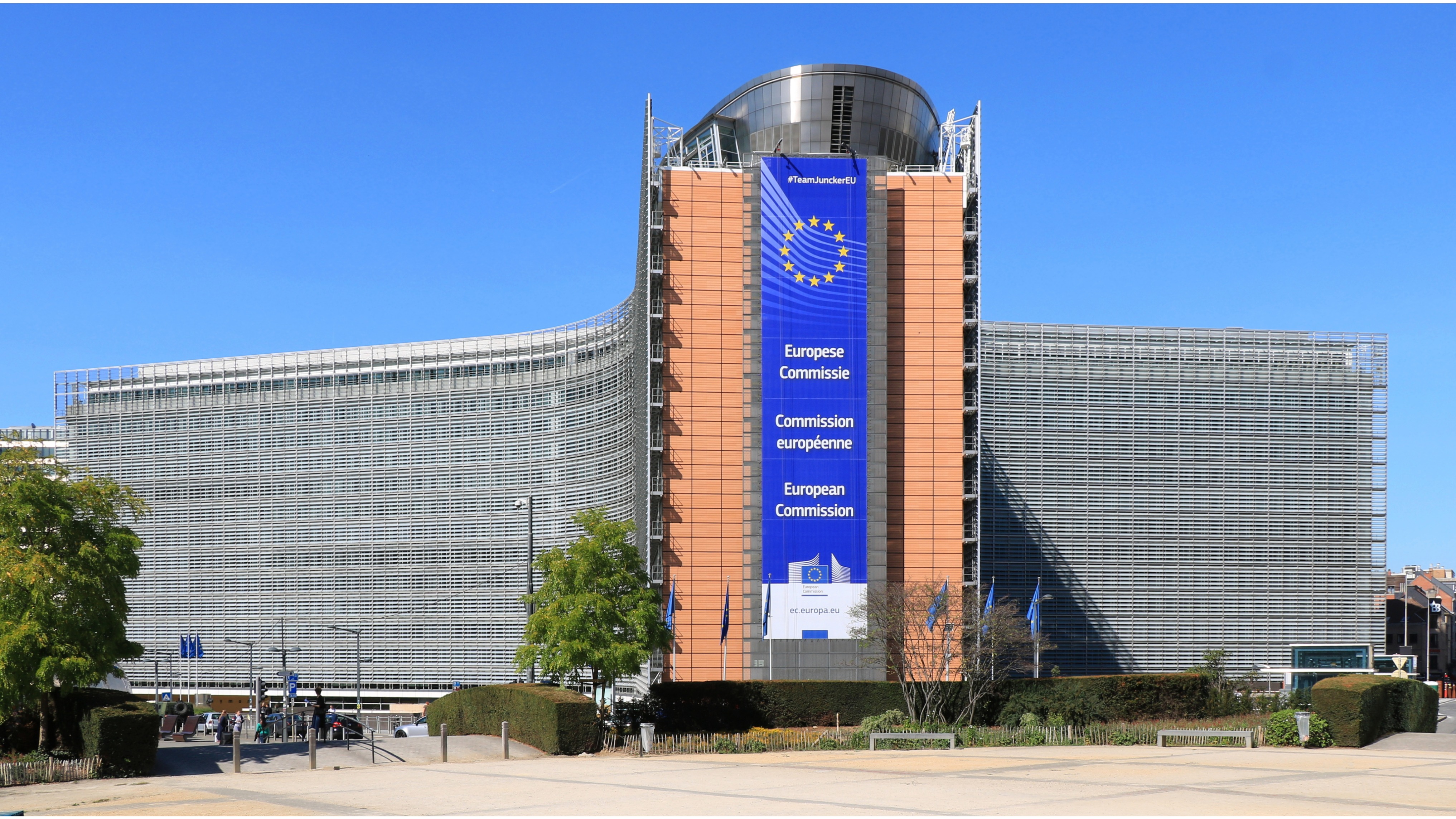A US judge on Wednesday rebuffed Tesla's attempt to dismiss a lawsuit alleging that Elon Musk's electric car company misled owners into believing their vehicles would soon possess self-driving capabilities.
The proposed nationwide class action accused Tesla and Musk of falsely advertising Autopilot and other self-driving technology as functional or "just around the corner" since 2016, inducing drivers to pay more for their cars.
US District Judge Rita Lin in San Francisco ruled that owners could pursue claims of negligence and fraud, to the extent they relied on Tesla's representations regarding the vehicles' hardware and ability to drive coast-to-coast across the United States.
While not ruling on the merits, Lin said, "if Tesla meant to convey that its hardware was sufficient to reach high or full automation, the complaint plainly alleges sufficient falsity."
The judge dismissed some other claims.
Tesla and its lawyers did not immediately respond to requests for comment. Lawyers for Tesla vehicle owners also did not immediately respond to similar requests.
The case was led by Thomas LoSavio, a retired California lawyer who said he paid an $8,000 premium in 2017 for Full Self-Driving capabilities on a Tesla Model S, believing it would make driving safer if his reflexes deteriorated as he aged.
LoSavio said he was still waiting for the technology six years later, with Tesla remaining unable "even remotely" to produce a fully self-driving car.
The lawsuit seeks unspecified damages for people who since 2016 bought or leased Tesla vehicles with Autopilot, Enhanced Autopilot and Full Self-Driving features.
Tesla has faced federal probes for many years into whether its self-driving technology might have contributed to fatal crashes.
Federal prosecutors are separately examining whether Tesla committed securities fraud or wire fraud by misleading investors about its vehicles' self-driving capabilities, according to three people familiar with the matter.
Tesla has said Autopilot allows vehicles to steer, accelerate and brake in their lanes, and Full Self-Driving allows vehicles to obey traffic signals and change lanes, but has acknowledged that neither technology makes vehicles autonomous or excuses drivers from paying attention to the roads.
Latest News
-
EU plans to bar Huawei and ZTE from critical infrastructure networks
-
Britain to use Ukrainian anti-drone warfare tactics to secure prisons
-
Revolut partners with Google on agentic commerce
-
Monzo introduces tax tool for upcoming digital rules
-
Indra wins TfL contract to run London ticketing systems
-
Japan ‘launches government probe’ into Grok
The future-ready CFO: Driving strategic growth and innovation
This National Technology News webinar sponsored by Sage will explore how CFOs can leverage their unique blend of financial acumen, technological savvy, and strategic mindset to foster cross-functional collaboration and shape overall company direction. Attendees will gain insights into breaking down operational silos, aligning goals across departments like IT, operations, HR, and marketing, and utilising technology to enable real-time data sharing and visibility.
The corporate roadmap to payment excellence: Keeping pace with emerging trends to maximise growth opportunities
In today's rapidly evolving finance and accounting landscape, one of the biggest challenges organisations face is attracting and retaining top talent. As automation and AI revolutionise the profession, finance teams require new skillsets centred on analysis, collaboration, and strategic thinking to drive sustainable competitive advantage.
© 2019 Perspective Publishing Privacy & Cookies


.jpg)





Recent Stories